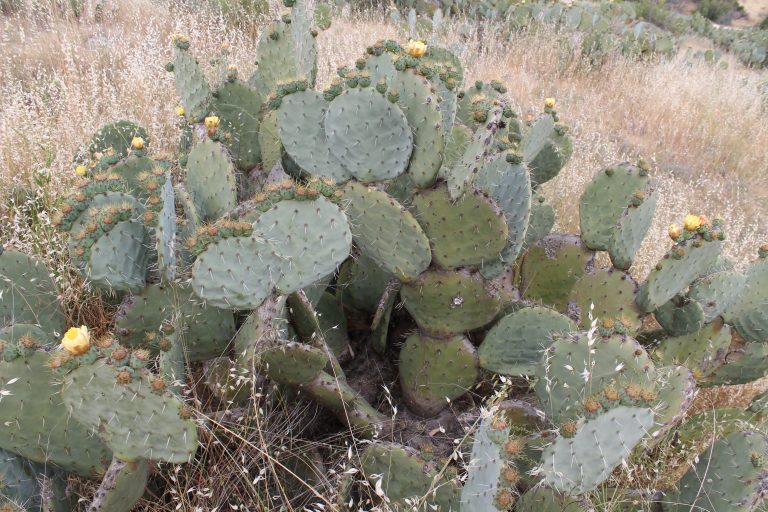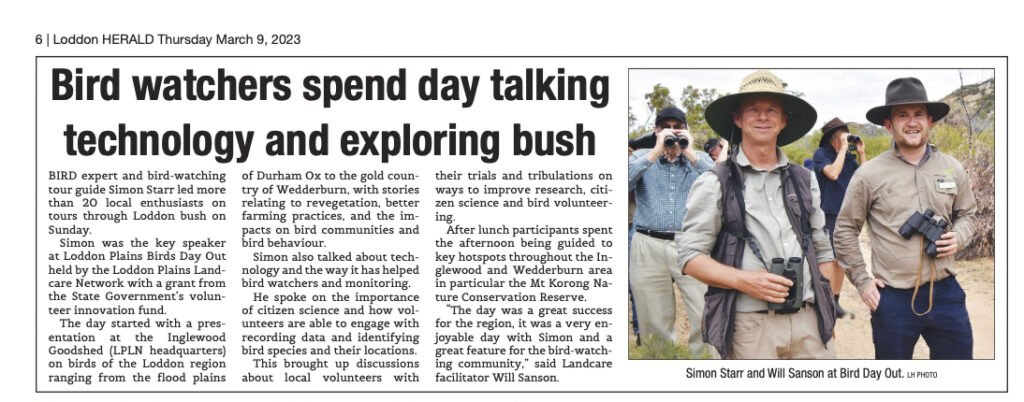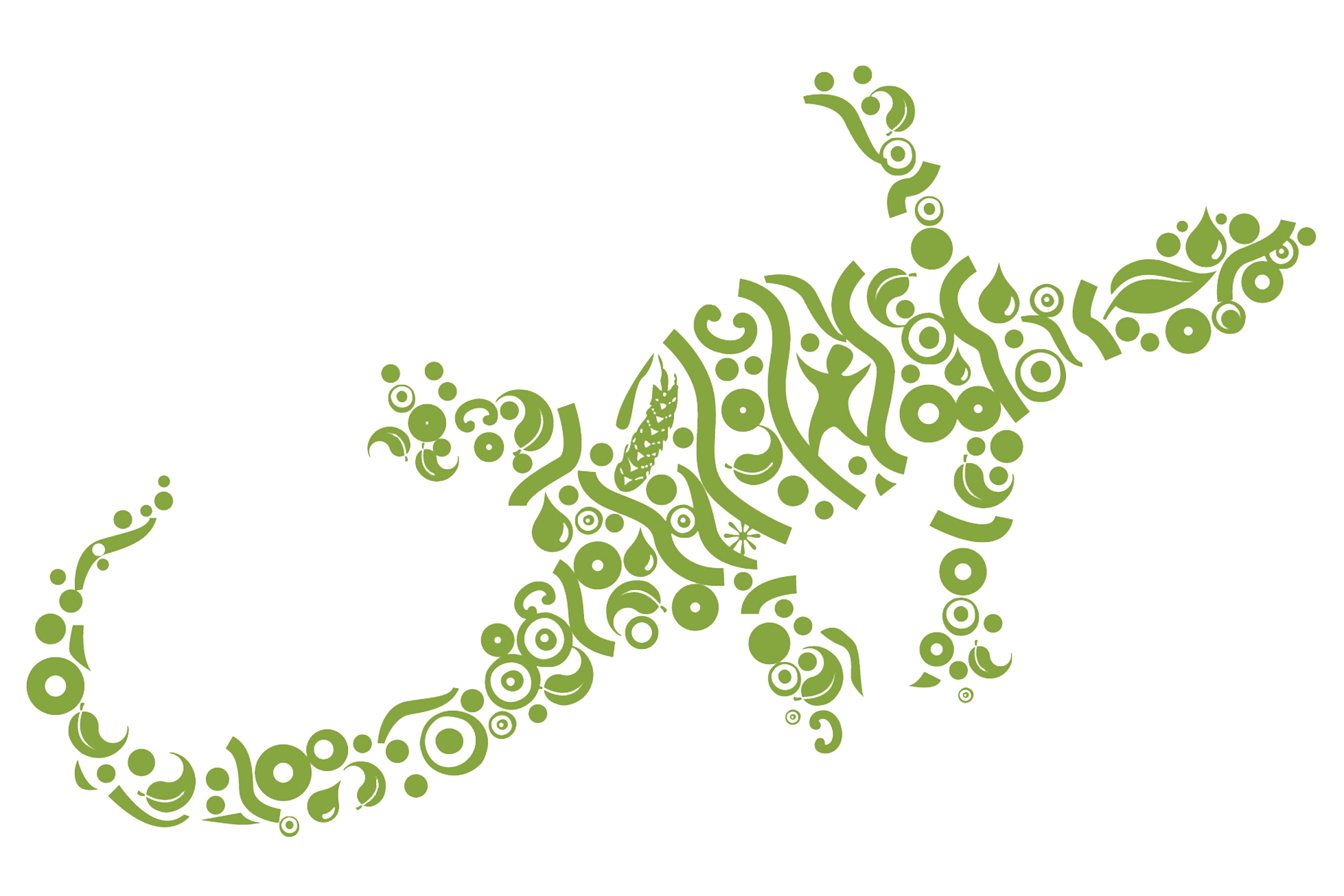Projects
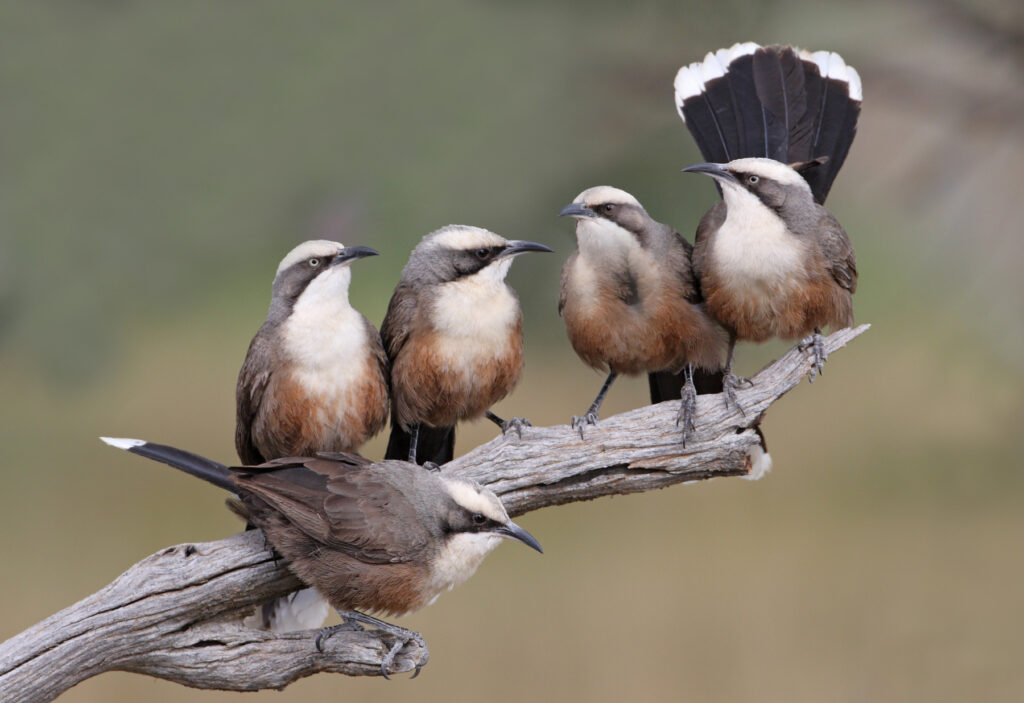
Canary Island Biodiversity Restoration Project
The Canary Island Biodiversity restoration project focusses on the Loddon Vale, Canary Island and Appin South Areas and extends towards the Leaghur State Park targeting Grey crowned babblers, Lace monitors, Brolgas and many other threatened flora and fauna species. The project involves:
- Landscape restoration targeting black box woodland, lignum swamp and grassland environments on private land.
- revegetate and extend remnant vegetation
- active management and grazing practices to promote regeneration.
- baseline and ongoing monitoring and data collection across the 3 years and Beyond.
- whole of farms assessment and EG&S assessments
The Canary Island project is funded for 3 years by the Ross Trust and is supported by the North Central Catchment Management Authority, Wettenhall Environment Trust, Regen Farmers Mutual, and Wetland Revival Trust.
Kerang Rabbit Control Program
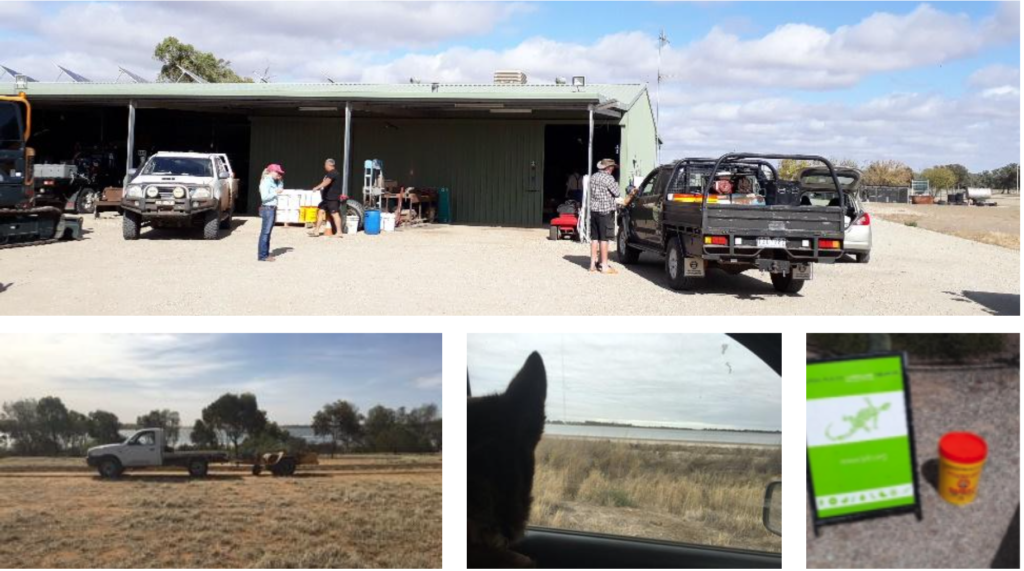
Now in its third year, this project works with landholders in the important Kerang Ramsar Wetland area, providing support and product to landholders to conduct rabbit control on private land and collaborates with agencies such as North Central CMA and Parks Victoria to align control programs for maximum landscape benefit.
LPLN has built strong, collaborative relationships with NCCMA and land management agencies active in the Kerang region. Beginning in 2019, LPLN has developed a community approach to rabbit control in the area, focussing on engaging private landholders in training, awareness and providing community baiting programs that align with annual baiting programs run by NCCMA and Parks Victoria on public land.
LPLN has worked with the local community to gain trust and established community license to work with landholders toward collaborative control actions that align with local public land managers. To date, due to this community license, community baiting programs in 2020 and 2021 have provided access to 44 landholders or properties and delivered the following outcomes:
- Engaged 29 landholders and private land managers in 2020 and 28 landholders in 2021
- Facilitated and assisted in the delivery of more than 2200 hectares of direct bait treatment
- Impacted 16 000 hectares of private land
- Provided chemical handling training and accreditation to 18 local land managers in the area in order to participate in the programs
- Provided assistance to 22 local land managers in designing and delivering individual pest management plans
- Created a strong link between community and public land management programs that has provided effective rabbit control across the Kerang Ramsar area through aligned public and private pest control program
Loddon Plains Future Farming Regenerative Agriculture Group
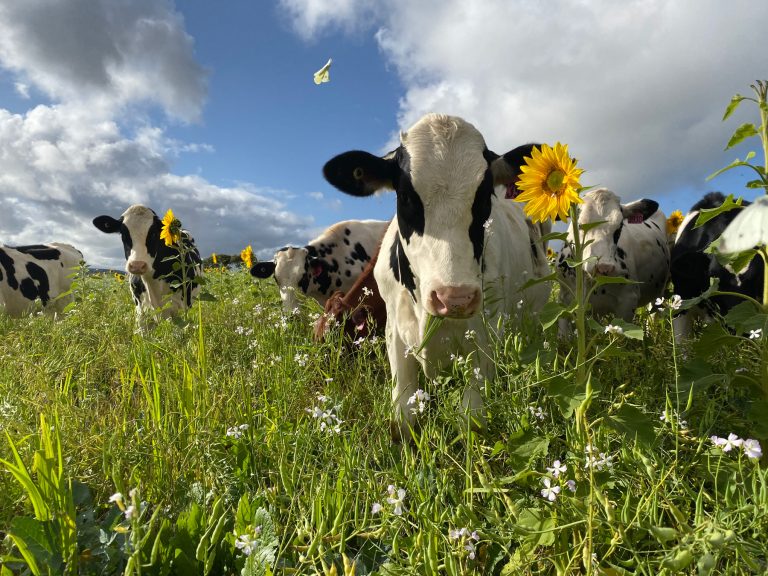
The Loddon Plains Future Farming Regenerative and Sustainable Agriculture Group covers a wide area around Bridgewater ranging from Newbridge in the south, Serpentine in the north, Yarraberb to the east and Kingower in the west.
The group has developed an action plan that will guide the group’s activities over the next two years. The activities chosen are based on soil types, climate, local knowledge and experience.
The North Central CMA’s Regenerative Agriculture Project is funding implementation of the plan to enable the group to build awareness, knowledge and skills in regenerative agriculture. The activities focus on building or maintaining soil carbon, minimising wind erosion and maintaining or increase native vegetation and biodiversity on-farm.
Stay up to date with our Loddon Plains Future Farming Group EVENTS Page
Group Objectives
- To improve knowledge of soil health and structure including how to maximise rainfall infiltration, build soil carbon and build topsoil
- To improve knowledge of growing and utilising grasses for livestock while maintaining ground cover
- To increase native vegetation on-farm.
SUMMARY OF ACTIVITIES
The group identified a series of activities that they would like to undertake in the next two years to address the land management issues they are facing on their farms. The activities focus on workshop and demonstrations to improve knowledge and awareness of soil health and grazing management to improve soil health as well as animal nutrition and climate change adaptation. As part of the funding requirements, the group is required to do a minimum of 10 soil tests.
These activities have been designed to align with the objectives of the Regenerative Agriculture Program:
- Increased awareness, knowledge and understanding of soil carbon threatening processes and management practice and have improved capability to change practices to maintain or increase soil carbon on-farm
- Increased awareness, knowledge and understanding of wind erosion threatening processes and management practices and have improved capability to change practices to minimise or mitigate wind erosion on-farm
- Increased awareness, knowledge and understanding of vegetation, biodiversity and management that maintains or increases native vegetation and biodiversity on-farm.
The main land use is mixed farming comprising grazing sheep for wool production and prime lambs, and cropping. There is also beef cattle grazing. Cereals, oilseeds and legumes are grown along with lucerne for grazing and hay production.
Group members are diverse with a range of cropping, pasture and mixed farming as well as artisan, horticulture and niche farming operations. With members at different stages of regenerative farming practices, from beginning their journey to some that are advanced in the adoption of their practices.
To keep up to date with the Loddon Plains Future Farming Regenerative Agriculture Group or LPLN’s commitment to Sustainable and Regenerative Agriculture visit:
https://www.facebook.com/groups/lplnag
Group Activity focus
- Soil testing & interpretation workshop
- Soil testing on farms program
- Soil pit demonstration and workshop
- Farm design workshops and development
- Pasture cropping for soil health – workshop and demonstration
- Grazing management to maintain ground cover – workshop and demonstration
- Climate adaptation workshops
- Native vegetation on farm – planning and design sessions
- Grazing Management for Nutrition
- Dung beetle’s workshop and property visit
Other Projects
